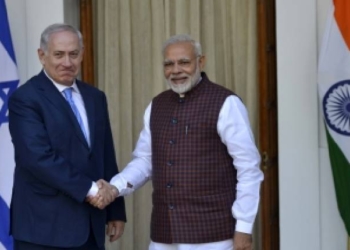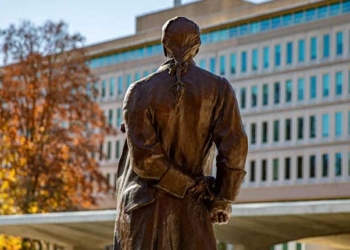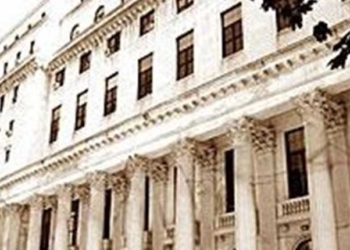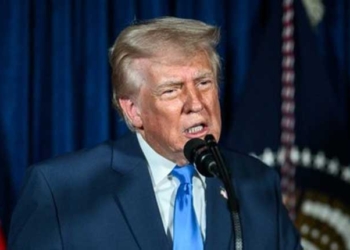United Nations: UN Secretary-General Antonio Guterres on Wednesday welcomed the G20’s backing for financial steps to boost the UN’s ambitious Sustainable Development Goals (SDGs).
“I welcome the G20’s support for the SDG Stimulus, strengthening Multilateral Development Banks, and increasing finance for development and climate action,” he said at the General Assembly’s high-level Dialogue on Financing for Development.
The G20 Leaders’ Declaration adopted earlier this month in New Delhi committed to collective action to the G20 2023 Action Plan to accelerate progress on the SDGs.
The commitment of G20 made up of major emerging and industrialised economies includes mobilising affordable financing for developing countries, scaling up sustainable finance and increasing social impact investment instruments.
He said the G20 commitment was among “good-faith efforts to help developing economies survive this financing crisis”.
Guterres said that at the halfway mark for the SDGs that were adopted in 2015 with a 2030 deadline, “progress on our most fundamental priorities – poverty and hunger – has gone into reverse for the first time in decades”.
The Covid pandemic and the fallout of Russia’s invasion of Ukraine were the principal reasons for the backsliding, he said.
Guterres said that “financing for development is the fuel that drives progress on the 2030 Agenda [for sustainable development] and the Paris Agreement [on fighting climate change]”, but “that fuel is running out – and the sustainable development engine is stuttering, stalling, and backfiring”.
The developing countries are facing a crisis that requires urgent action, he said.
The gap in financing for SDGs has become a chasm, estimated at $3.9 trillion US dollars a year, Guterres said.
The borrowing costs for developing countries is up to eight times higher than for developing countries, creating a debt trap, and one in three countries around the world is now at high risk of a fiscal crisis, he said.
Guterres reiterated his call for revamping the multilateral financial institutions like the World Bank and the International Monetary Fund that he said were created after World War II when many developing countries were under colonial rule and were skewed in favour of the developed countries.
General Assembly President Dennis Francis backed the call for reforming international finance.
“We must fundamentally overhaul our approach to global economic governance,” he said.
“It is absolutely clear that the current financial architecture has fallen short in mobilising the stable, long-term, and equitable financing required to achieve the Sustainable Development Goals,” he said.
“We can no longer afford to bury our head in the sand and ignore the writing on the wall,” he said.
“It is high time for all nations to funnel their financial efforts into realising the Sustainable Development Goals,” Francis said.
(IANS)















